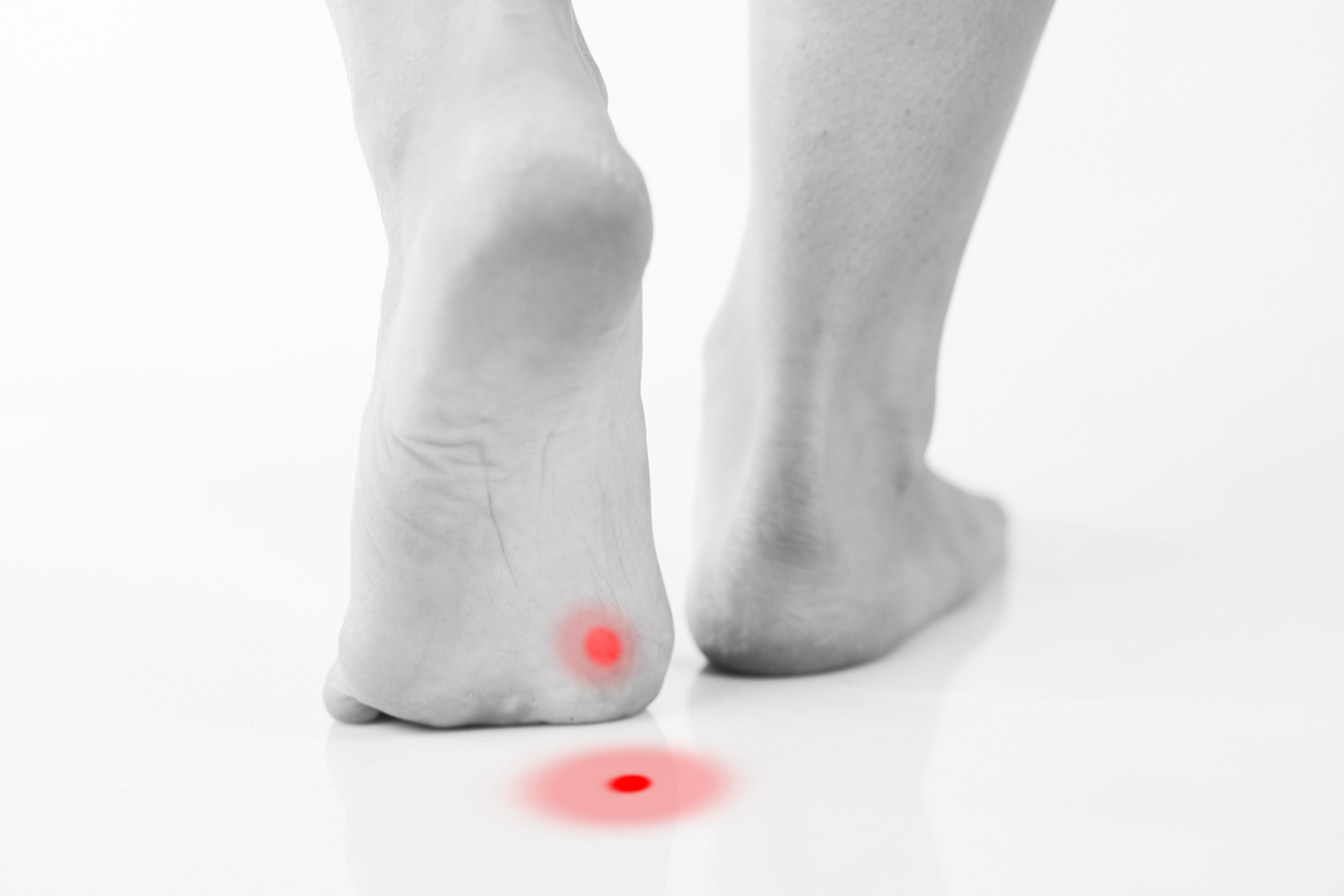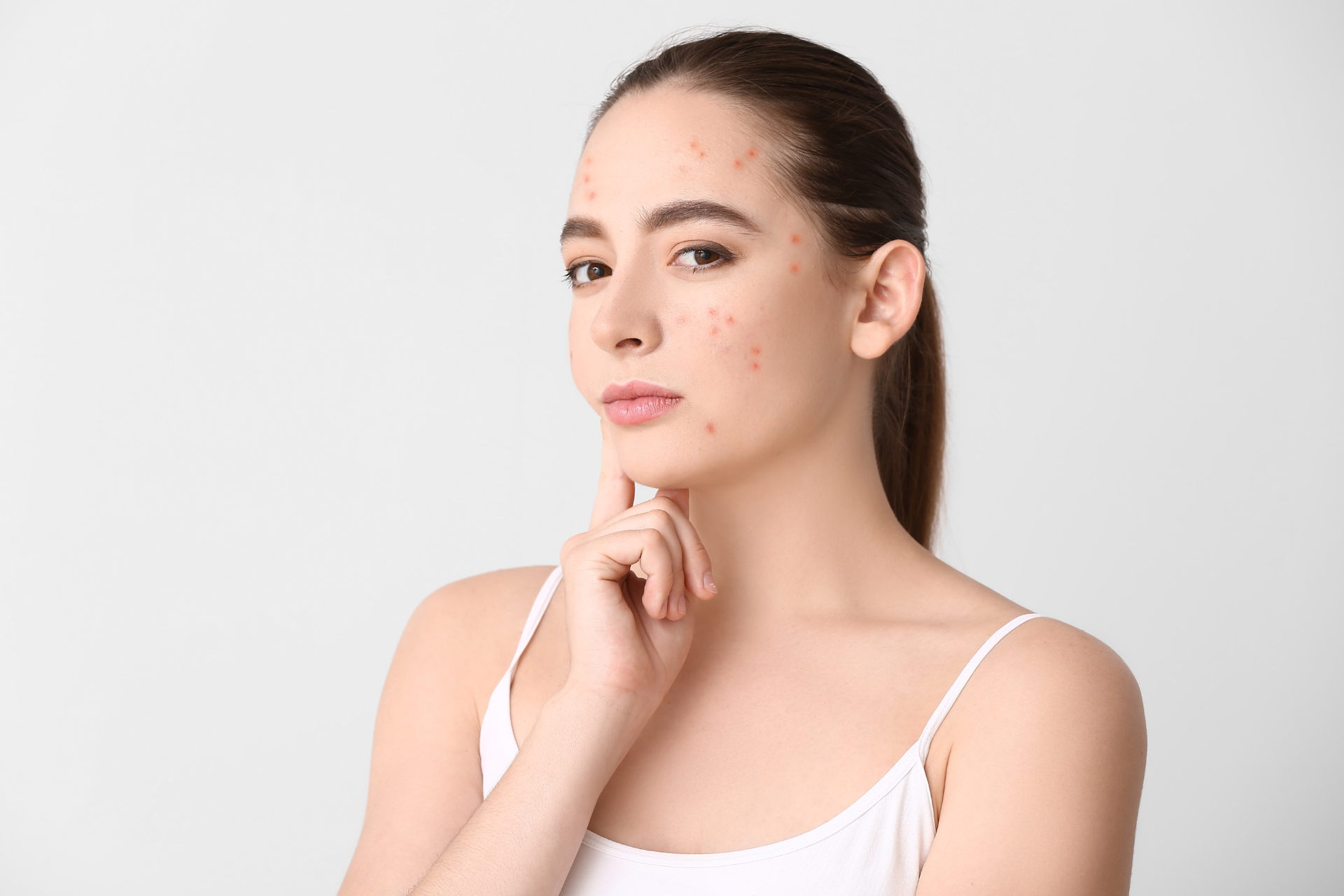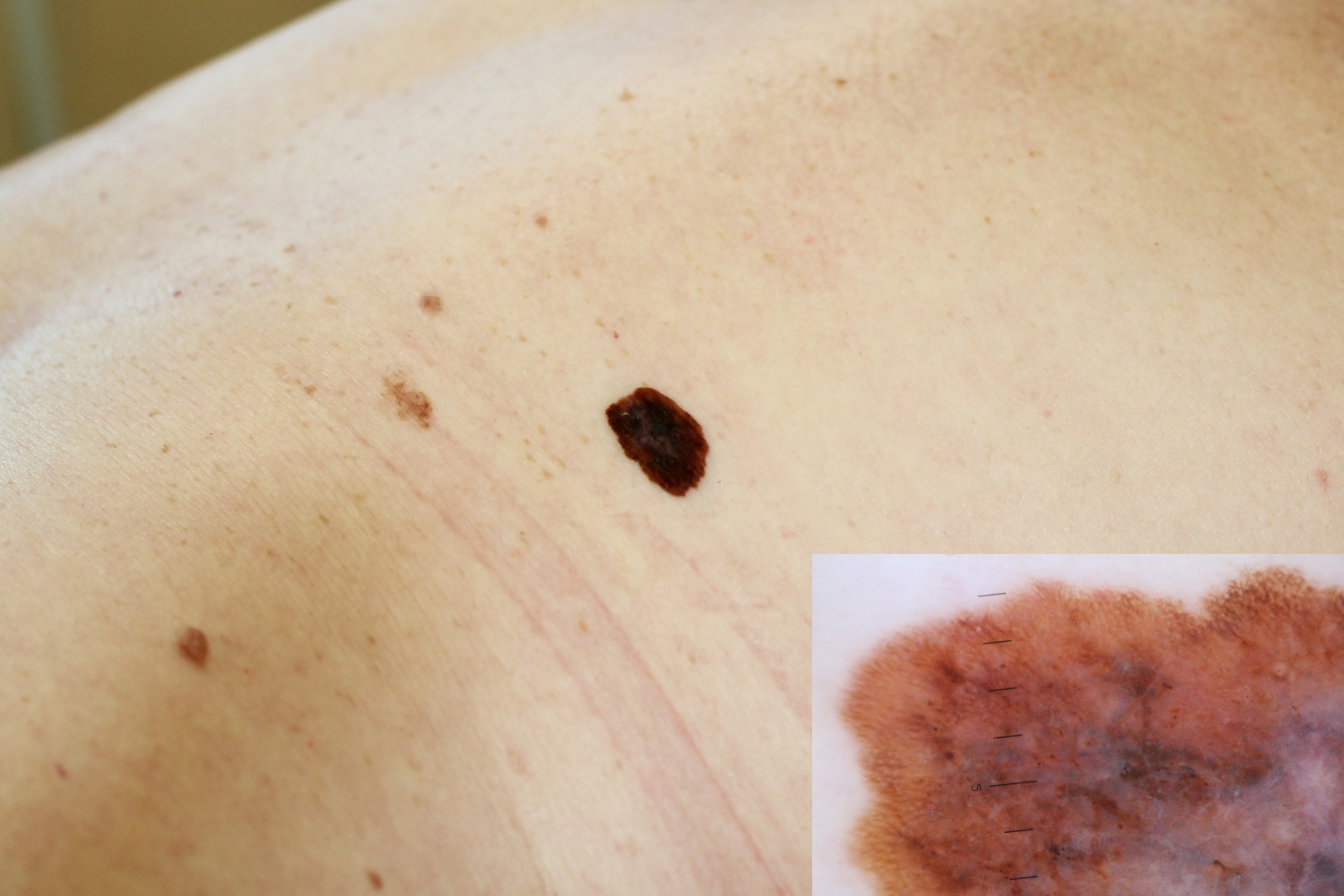When to See a Dermatologist for Persistent Skin Issues

As the body's largest organ, our skin plays a crucial role in protecting us from external elements and regulating body temperature. However, it is also susceptible to a variety of issues that can cause discomfort and affect our overall health and well-being. While some skin problems may resolve on their own, others require the expertise of a dermatologist. Fall Creek Skin and Health Clinic is here to guide you on when it's time to seek professional help for persistent skin issues.
Skin problems can manifest in many different ways, from acne and eczema to suspicious moles and skin cancer. While some conditions may seem minor, others can be a sign of a more serious underlying health issue. Here are some signs that indicate it's time to schedule an appointment with a dermatologist:
1. Persistent Acne
Acne is a common skin condition, especially among teenagers, but persistent acne that doesn't respond to over-the-counter treatments may require professional intervention. A dermatologist can assess your skin type, prescribe effective medications, and recommend skincare routines to control breakouts and prevent scarring.
2. Unexplained Rashes
Rashes can be triggered by various factors, including allergies, infections, or autoimmune disorders. If you develop a rash that doesn't go away or is accompanied by other symptoms like swelling or itching, it's essential to consult a dermatologist for an accurate diagnosis and appropriate treatment.
3. Suspicious Moles
Moles are typically harmless, but changes in size, shape, or color can be warning signs of skin cancer. It's crucial to monitor your moles regularly and seek professional advice if you notice any abnormalities. A dermatologist can perform a thorough skin examination and, if needed, biopsy suspicious moles to rule out skin cancer.
4. Chronic Skin Conditions
Conditions like eczema, psoriasis, or rosacea can be chronic and require long-term management. A dermatologist can provide personalized treatment plans tailored to your specific needs, including prescription medications, lifestyle recommendations, and follow-up care to keep your condition under control.
5. Skin Infections
Bacterial, fungal, or viral infections can affect the skin, causing symptoms like redness, swelling, and itching. If over-the-counter treatments fail to clear up the infection or if it keeps recurring, a dermatologist can prescribe stronger medications and recommend preventive measures to avoid future outbreaks.
6. Signs of Aging
As we age, our skin undergoes natural changes like wrinkles, sagging, and age spots. While these changes are normal, some people may seek cosmetic dermatology treatments to improve their skin's appearance. A dermatologist can recommend non-invasive procedures like chemical peels, laser therapy, or injectables to rejuvenate your skin and boost your confidence.
At Fall Creek Skin and Health Clinic, our team of experienced dermatologists is dedicated to providing comprehensive care for patients of all ages. Whether you're dealing with a persistent skin issue or seeking preventive skin screenings, we are here to help. Our affordable services encompass treatment for skin-related problems like acne, moles, and skin cancer, as well as general practice issues such as allergies, minor sicknesses, sprains, and injuries.
Don't wait until your skin issues escalate – schedule an appointment with our dermatology experts at Fall Creek Skin and Health Clinic today. Your skin deserves the best care, and we're here to guide you on the path to healthier, glowing skin. Trust the professionals at Fall Creek Skin and Health Clinic to address all your skin concerns and help you achieve optimal skin health.




